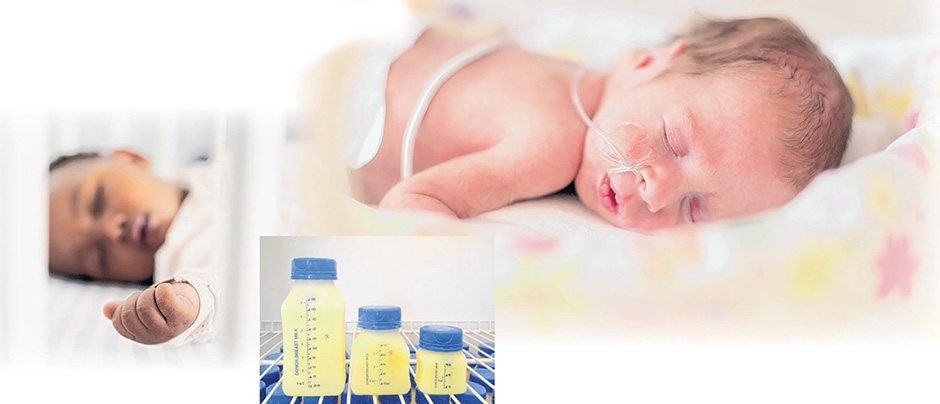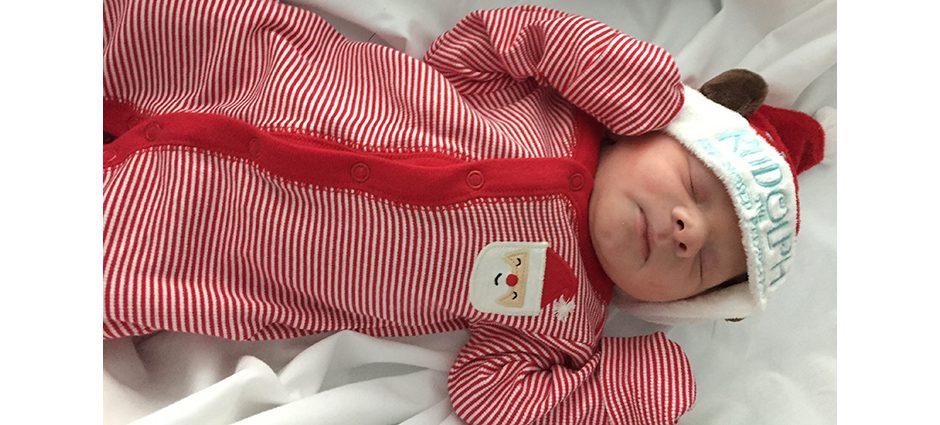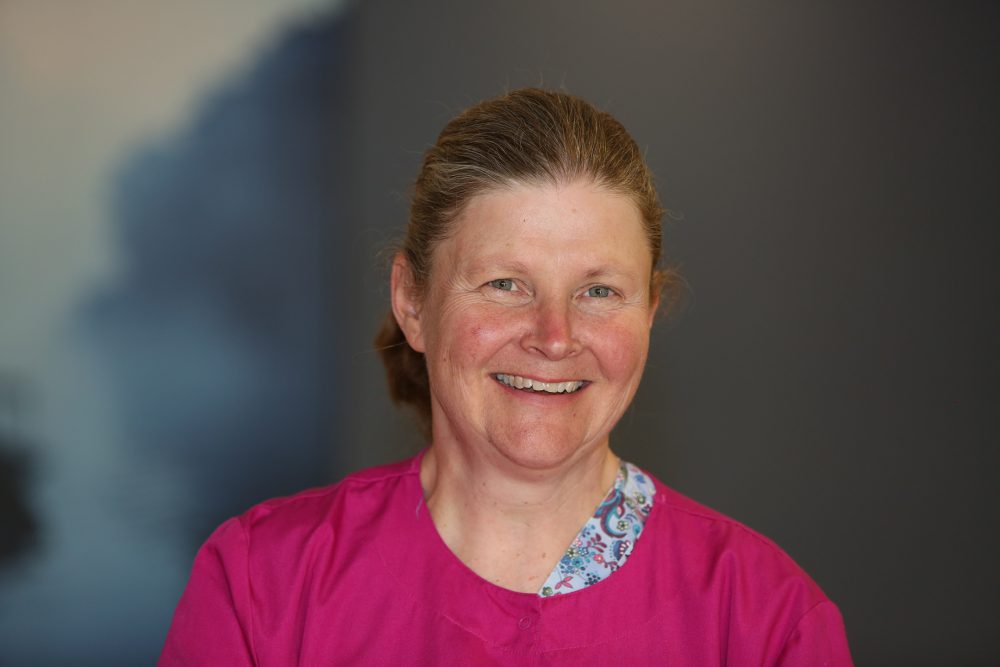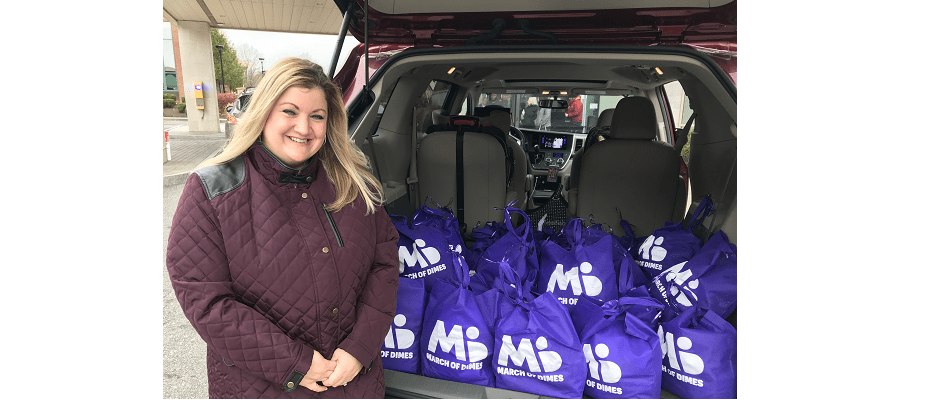
[This piece was written by Amy Berning, RN, BSN, CLC, nurse manager for the Neonatal Intensive Care Unit at St. Peter’s Hospital.]
Making the choice to breastfeed is one of the most precious gifts a mother can give her newborn. Breast milk remains the one and only natural, complete, and complex nutrition for human infants. With its unique combination of nutrients essential to a child’s health, breast milk is nature’s formula for ensuring the health and quality of life for infants, from their earliest days, through childhood, and into adult life.
For premature infants in the neonatal setting, the gift of breast milk is even more profound, as the natural antibodies in breast milk will help your baby fight off viruses and bacteria. Breastfeeding lowers your baby’s risk of developing asthma or allergies, as well as reduces instances of ear infections and respiratory illnesses.
Babies born prematurely are also susceptible to the gastrointestinal disease necrotizing entercolitis. Because preemies’ intestines aren’t fully developed when they are born, there is the danger their intestines will begin to deteriorate. This can lead to waste and bacteria entering the intestinal tract, ultimately causing life-threatening infections. Numerous studies have shown breast milk helps these babies thrive, gain weight faster and get the antibodies they may otherwise not be getting from formula.
Some new moms may face challenges producing breast milk for their preemie newborn. For them, the gift of breast milk is still a possibility, thanks to donor breast milk from a milk bank.
St. Peter’s Hospital offers preemies up to 34 weeks gestation the option of donor milk. And it has an impact – among the preemies in St. Peter’s neonatal intensive care unit (NICU) last week, nine were receiving their mother’s own milk and five were utilizing the donor breast milk service.
St. Peter’s Hospital secures its donor breast milk from Mothers’ Milk Bank Northeast, a nonprofit community milk bank accredited by the Human Milk Banking Association of North America (HMBANA). They provide donated, screened and pasteurized human milk to babies throughout the Northeastern United States.
The donor milk is ordered, just like blood and blood products, by St. Peter’s laboratory, and is stored and administered like any other drug. And like any other drug, its use comes at a cost – St. Peter’s Hospital spent nearly $9,500 in 2016 providing donor milk to its tiniest patients.
All babies are born vulnerable and in need of some TLC, but premature babies face more adversity right from the start. By providing them with the gift of breast milk, parents are giving them a jump start on a lifetime of good health.
St. Peter’s Hospital offers a state-of-the-art Level III neonatal intensive care nursery designed to give specialized care to infants born here and to infants transferred from other hospitals. This unit is staffed 24-hours/day with board-certified neonatologists, neonatal nurse practitioners and registered nurses certified in neonatal nursing. Newborns are supported by additional clinical specialists, such as respiratory therapists, lactation consultants, social workers and spiritual care providers.





